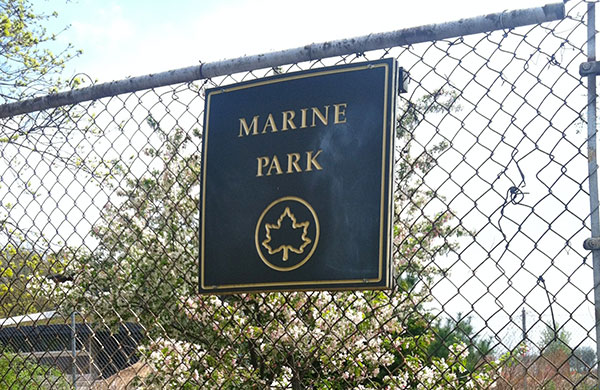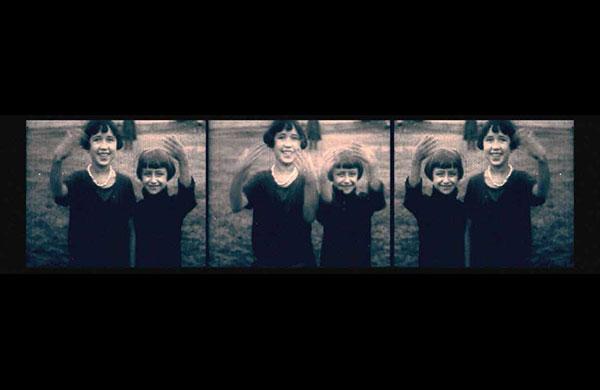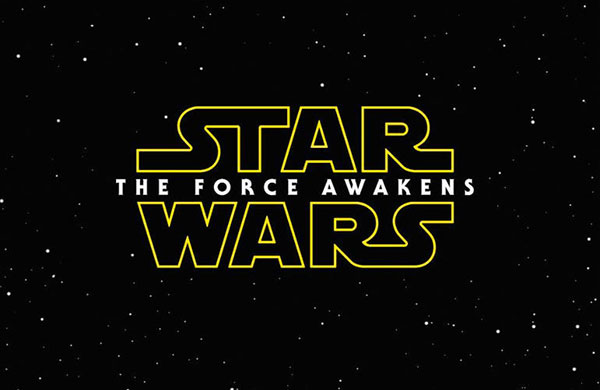 IMDB’s (Internet Movie Data Base) plot summary for the film Aftermath is just one sentence: A Polish man who returns home after the death of his father unearths a secret about the now-deceased Jewish residents of his village. From that brief description, one would never guess that the movie is a tense, must-see, gripping thriller based on true events.
IMDB’s (Internet Movie Data Base) plot summary for the film Aftermath is just one sentence: A Polish man who returns home after the death of his father unearths a secret about the now-deceased Jewish residents of his village. From that brief description, one would never guess that the movie is a tense, must-see, gripping thriller based on true events.
Written and directed by Wladyslaw Pasikowski, Aftermath caused controversy in Poland due to its depiction of a dark period in the country’s history. The film won the Yad Vashem Chairman’s Award at the Jerusalem Film Festival, and is now playing in US theaters.
Abe Foxman, National Director of the Anti-Defamation League, said “The film is one of the most riveting Holocaust-related films I have ever seen—for several reasons. First, it is not in your face. The story and the revelations slowly emerge and are all the more powerful when they do. Second, anti-Semitism is shown not to be a simple phenomenon, but one with many layers. Third, through the telling of a story it shows the importance of recovering the truth of the past in order to repair the present and the future.”
He continued, “In a sophisticated way, Aftermath does a better job of communicating the power and destructiveness of anti-Semitism than almost any other film. It is a story about heroes, about people who do the right thing even if they are less than perfect themselves. Poland’s history toward the Jews was complicated. Coming to grips with it is an imperative of our times.”
Aftermath is about the messy consequences of conscience. Ireneusz Czop plays Franek, who left his small Polish town 20 years ago to move to Chicago. The opening scenes show him making his way from the airport to his family’s home. Shortly after his reunion with his brother Jozek (Maciej Stuhr), Franek realizes that everybody in the town is treating his brother as though he were a criminal.
While Franek was away, Jozek discovered that the townspeople had taken old Jewish gravestones, which the Nazis had used to reinforce a road, and put them to similarly disrespectful uses: as flagstones and lining the well of the parish church. Taking it upon himself to gather the stones together, Jozek pays his neighbors for them when he can, and steals them, when he can’t. He also learns Hebrew in order to read the inscriptions. Asked by Franek why he’d bother, Jozek doesn’t have an answer beyond “there’s no one left to look after them.”
Franek is not an easy character to like, casually slinging anti-Semitic comments around as if discussing the weather. Yet it is he who ultimately prods Jozek to figure out the real reason why the townspeople are on the verge of lynching him.
The town has a secret. Unfortunately, viewers who have seen Shoah won’t really be surprised. What is surprising is how the movie doesn’t let any of the characters off the hook just because they have a conscience.



